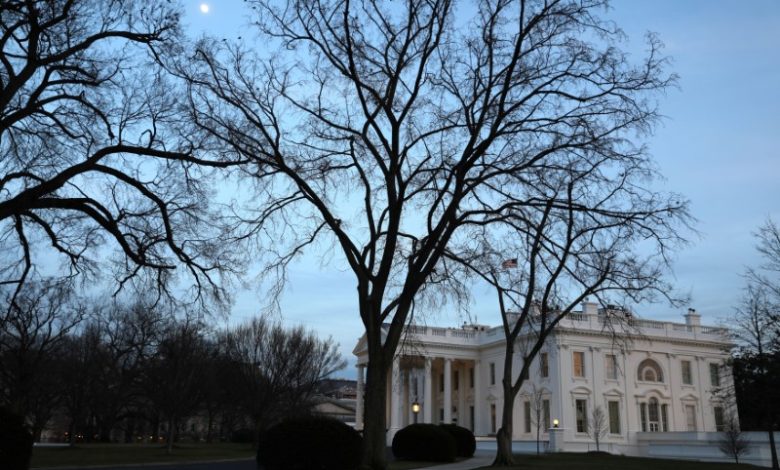
Republican-Led States Challenge White House Environmental Review Reforms, According to Reuters
By Clark Mindock
Republican attorneys general from 20 states in the U.S. filed a lawsuit against the Biden administration on Tuesday, aiming to block new reforms to the environmental review process for significant projects such as transmission lines, wind, and solar farms.
The states, including Iowa, North Dakota, Texas, and Florida, filed their challenge in federal court in North Dakota. They argue that the reforms, finalized in April by the White House Council on Environmental Quality, overstep the agency’s authority, could escalate project costs, and disproportionately benefit clean energy initiatives.
These reforms are designed to simplify the analysis required under the National Environmental Policy Act (NEPA), a fundamental environmental law mandating that major projects receiving federal permits or funding undergo environmental reviews. NEPA reviews are often the subject of legal disputes, which can significantly delay project timelines.
The states contend that the new regulations compel agencies to evaluate a broader spectrum of impacts during environmental reviews, including considerations related to climate change and environmental justice. They assert that these added factors will lead to project delays, despite not being explicitly included in NEPA’s original text.
The lawsuit claims these rule changes could hinder the approval of certain projects if they are found to adversely affect disadvantaged or minority communities.
According to the states, the new rule will create unnecessary bureaucratic obstacles for various projects, including highways and fossil fuel power plants, by imposing social, environmental, and race-based regulations on developers.
A spokesperson for the White House stated that the new rules are intended to expedite project reviews and facilitate industry progression with key investments. However, they did not comment on the lawsuit itself.
These reforms serve to build upon and broaden early efforts to modify the NEPA process, which were initiated in 2022 when the Biden administration began to reverse changes implemented under the previous administration that had weakened the review process.
The previous modifications required federal agencies to assess the direct, indirect, and cumulative impacts of proposed projects or actions.
The White House’s Council on Environmental Quality described the latest reforms as a "core element" of President Biden’s strategy to expand clean energy systems and rejuvenate American infrastructure, asserting that the reforms align with the agency’s legal authority.
 GOOGL
GOOGL  META
META 


